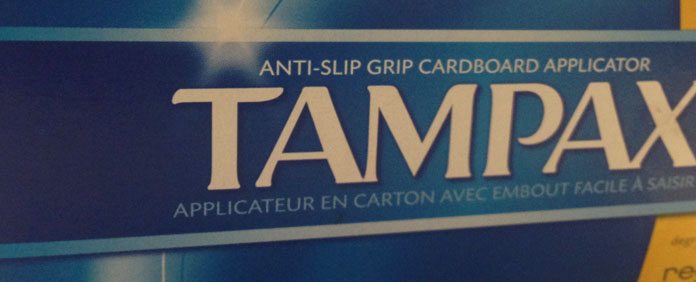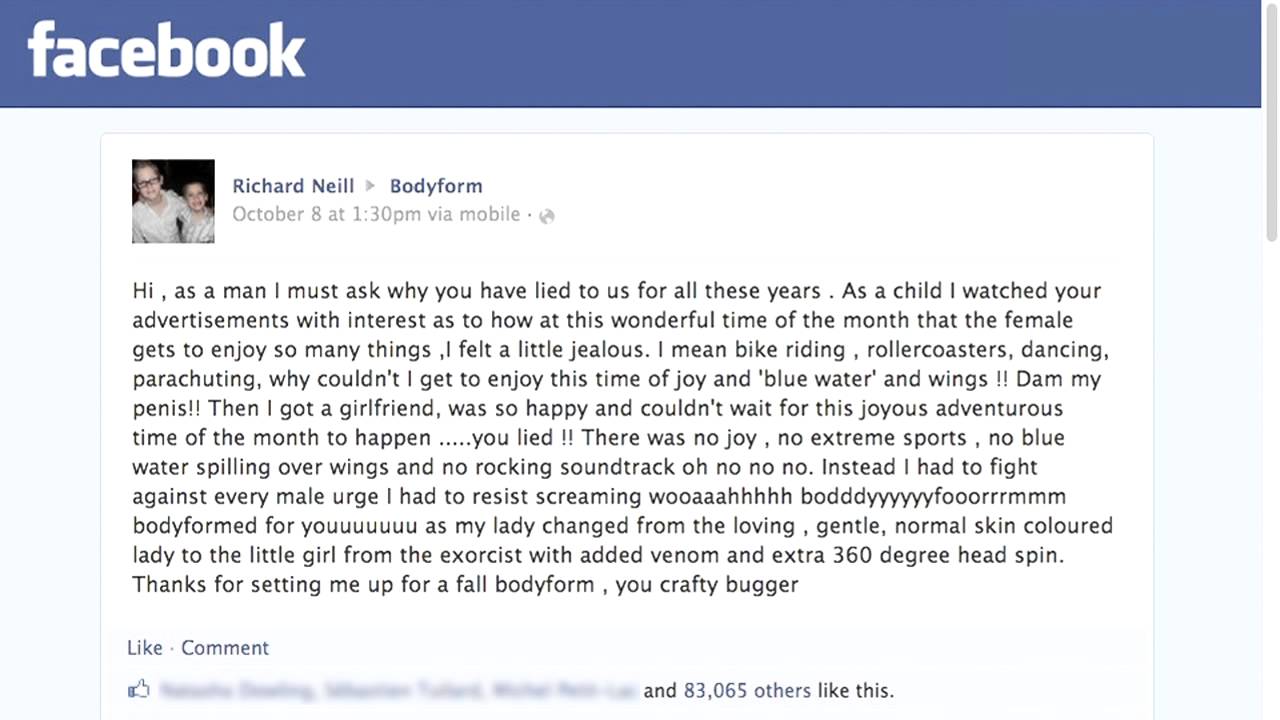A lie gets half way around the world before the truth has a chance to get its pants on –Winston Churchill
Bodyform-a UK-based feminine hygiene company- has publicly admitted to using inaccurate representation of events in advertising after lofty accusations were made by a disgruntled, confused citizen late last year.
In response to the post, the company has released a video in which the apparent CEO confesses to “Flagrant use of visualization, such a skydiving, roller blading and mountain climbing”-stating that these aforementioned activities are metaphors and thus, are not real.
Reasons for the faulty advertising, damaging illusions and ultimate corporate deception-let’s call a spade a spade-include 1980 focus group data that indicated that the public was largely unprepared to face the harsh realities of “the curse”. Therefore, a less damning approach was carried out into the 21st century.
Generally, advertisers must follow a standard code of ethics that require complete adherence. The bulk of these guidelines is as follows:
- Advertisers much substantiate any claims or offers prior to publication/broadcast and, at the will of an advertising medium or the Better Business Bureau
- Advertisers must avoid publishing untrue, misleading, deceptive, fraudulent or insincere offers to sell
- While an advertisement as a whole may be slightly misleading, every individual statement must be accurate and true
So we ask- when is it acceptable to pull the wool over consumers’ eyes? Is it acceptable to do so when we’re seeking the greater good? Will men (or consumers) ever be ready to handle the honest-to-God truth?










